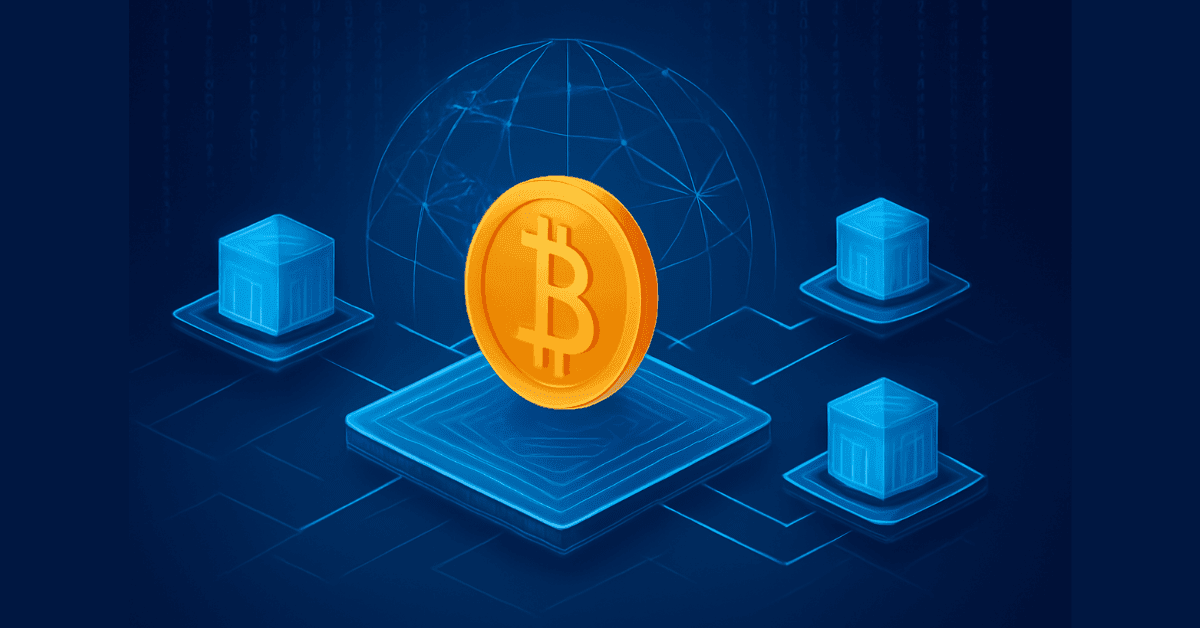
Crypto Economy: The New Digital Economy of the 21st Century
1. What Is Economy in the Context of Blockchain?
Economy has always been the foundation of every society — from production and distribution to consumption. But in the Web3 era, traditional economic elements are shifting toward a new model: the decentralized digital economy, or crypto economy.
The crypto economy refers to the system of transacting, exchanging, storing, and valuing assets based on blockchain technology. While traditional economic principles remain essential, they are now applied within a transparent, decentralized infrastructure free from control by governments or central banks.
2. Emerging "Economic" Models in the Crypto World
-
- Decentralized Free Market Economy (DeFi): Financial transactions occur without intermediaries. Lending, borrowing, and liquidity provision happen directly through smart contracts.
-
- DAO Economy (Decentralized Autonomous Organization): A governance model without centralized leadership, operated by community votes on a transparent protocol.
-
- Green Economy on Blockchain: Projects that use renewable energy, carbon credits, or incentivize eco-friendly behaviors through token-based rewards.
-
- Web3 Creative Economy: NFTs, the metaverse, and tokenized assets are expanding the definitions of labor, ownership, and value distribution.
3. Key Economic Indicators in the Crypto Ecosystem
Just as traditional economies use GDP, CPI, and PMI, the crypto economy has its own set of metrics to reflect the "health" of its ecosystem:
-
- TVL (Total Value Locked): The total value of assets locked in DeFi protocols — comparable to production output or economic scale.
-
- Staking Ratio & APR: Indicates long-term investor commitment and actual returns from holding tokens.
-
- On-chain Transaction Volume: The number and value of blockchain-verified transactions — similar to liquidity or capital flow indicators.
-
- Web3 Venture Capital Investment: Tracks funding into blockchain startups — a signal of confidence in sector growth.
-
- Gas Fees & Hash Rate: Measure the efficiency, security, and network activity on blockchains like Ethereum or Bitcoin.
4. Economic Thinking in Crypto Investment
To become a smart crypto investor, one must understand that blockchain is not just a technology — it's the foundation of a new economy with its own logic. Successful participants are those who apply traditional economic knowledge to assess tokenomics, market demand, DAO governance, and digital asset allocation strategies.
5. Conclusion
If classical economics is the compass for a nation’s development, the crypto economy is the guiding light for a new financial generation — decentralized, autonomous, transparent, and global. Understanding economics in the blockchain era is the first step to becoming a digital-native consumer and a well-grounded investor.